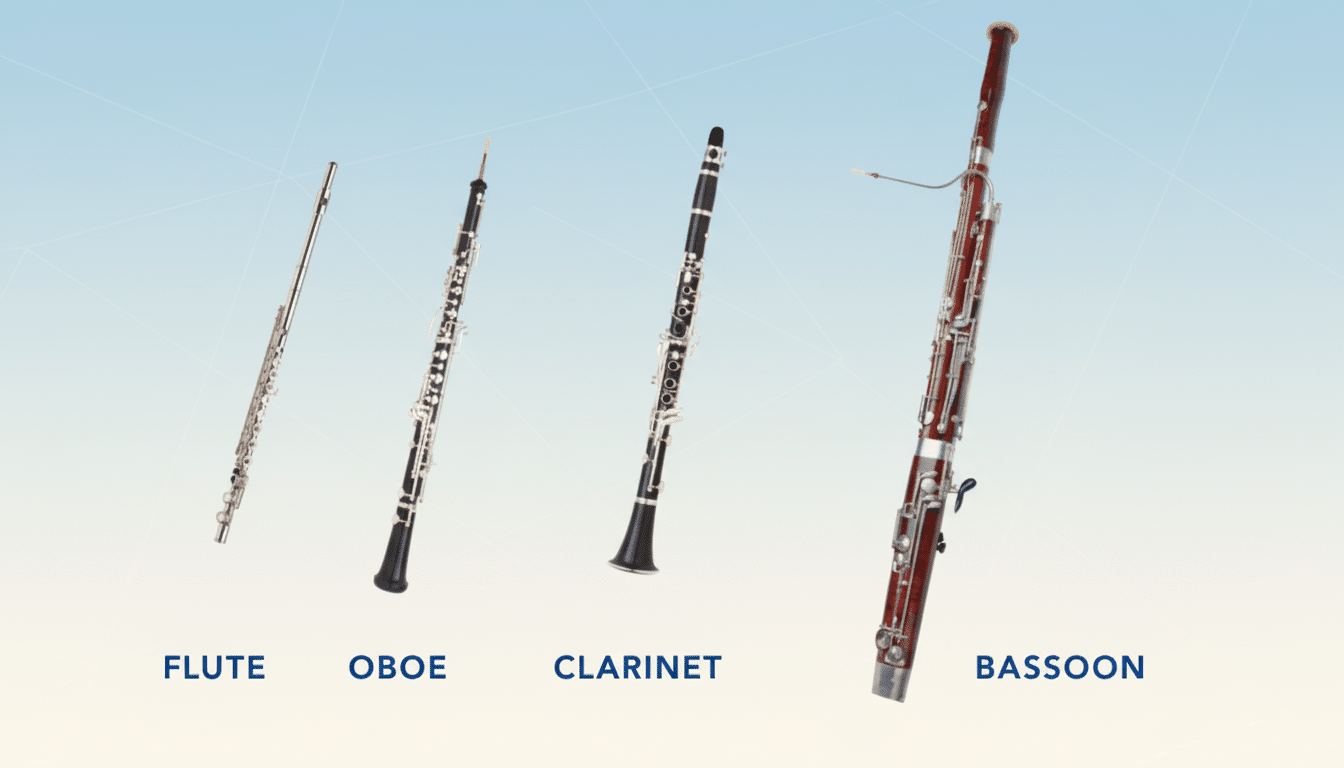Michael Mignano and Nir Zicherman, the co-founders of podcasting startup Anchor, are on to their next thing. And it’s another software service, though this time, they say, nothing is getting twinned or linked. The pitch is simple: anybody can create lightweight, bespoke lessons incorporating text, visuals, audio, games, and interactive tests — without having to wrangle a chatbot or build a syllabus from scratch.
A more controlled chat-based learning
While many AI tools are based on back-and-forth chat, Oboe instead focuses on bite-size, pre-organized learning paths. And users can select how they want to learn — readable modules with visuals, microquizzes, or audio-first formats. Two of those audio modes are particularly intriguing: A lecture-style track and more of a conversational style, a la Google’s Podcasts-like NotebookLM, documenting you on the topic you suggested.

Zicherman’s experience in scaling Spotify’s audiobooks effort is evident and he was once a part of the same news crew. Audio is baked into Oboe, from a consumer behavior trend reported by Edison Research that monthly podcast listening now reaches a large part of the U.S. populace. If audio is how a lot of adults learn during their commutes and workouts, Oboe is hoping to meet them there.
How Oboe’s multi-agent system constructs a course
Under the hood, Oboe uses a multi-agent architecture to offload parallel processing and keep speed and quality high. One set of agents plans out the course structure while another creates and validates core content, produces conversations for use in the audio and compiles visual elements of the conversation. Oboe claims that it pulls real images, not AI-generated art, from the net into reading views for context and clarity.
The work is part of the workflow. Outputs are audited for accuracy, coherence and personalization by separate agents before a course can land in your feed. The aim is to reduce the time from idea to lesson to seconds, while avoiding the “hallucination factory” problem of single-model systems.
Pricing, access, and roadmap
Oboe’s business model is generous out of the gate: anyone can take classes made by others for free. Users are allowed to create up to five free courses in a month. Heavy creators can upgrade to 0boe Plus (30 more new courses for $15 a month) or 0boe Pro (100 courses for $40 a month).
The service launches on the web and mobile web, with native iOS and Android apps in the works.
A recommendation engine is in the works that will help learners go shallow or deep, depending on curiosity and time, nudging toward spaced practice rather than one-and-done browsing.

Team, investors and early positioning
Oboe’s core team numbers five. Mignano, who is now a partner at Lightspeed, has the co-founder title at the company and a board seat. The company also closed a $4 million seed round, led by Eniac Ventures (who also led Anchor’s seed), with participation from Haystack, Factorial Capital, Homebrew, Offline Ventures, and notable operators including Scott Belsky, Kayvon Beykpour, Nikita Bier, Tim Ferriss, and Matt Lieber.
The cap table telegraphed a familiar playbook: combine strong product instincts with distribution savviness, iterate quickly in public. The fact that the founders made it cheap and easy to create a podcast before undoubtedly suggests the same ambition here — this time for short-form courses.
Why this matters in the AI learning race
The field of AI in education is crowded, but nowhere near solved. The rapid rise of Khan Academy’s tutor, Coursera’s genAI authoring tools and features out of companies like Duolingo and Quizlet indicates the need for speedier content creation and truly personalized instruction. HolonIQ projects global edtech spend will rise above $400 billion by the mid-2020s, with AI-driven content and assessment a leading growth vector.
For workforce learning, the World Economic Forum estimates that more than 40% of core skills are expected to change in the next few years and that the majority of workers will need retraining. That urgency prefers tools that are quick, flexible and mobile — precisely where Oboe aims to play, with courses that can be chewed up in minutes and expanded as required.
Big questions: accuracy, rights and pedagogy
Oboe’s multi-agent audits are a clever hedge against AI mistakes, but trust depends on transparency. You should expect (and receive a) request for citations, source lists and version histories from educators and companies if real decisions in the real world are riding on the content. Cognitive scientists including Robert Bjork and John Dunlosky have demonstrated that retrieval practice and spaced repetition significantly enhance retention; Oboe’s quizzes and planned suggestions could play nicely with those if they space review deliberately, rather than skywriting fresh topics.
“You can have traceability with real images from the internet,” said Jason McCann, the chief executive of the firm Variations, but also rights and provenance. The industry has already experienced high-profile disputes over training data and imagery, so clear licensing, attribution and filters will be necessary if Oboe courts schools and employers.
If Oboe delivers on its promise of accuracy, rights management and repeatable learning gains, the combination of instant course creation with audio-forward delivery may offer a differentiated avenue in a crowded market.
The Anchor founders used to be all about lowering the friction to publish; now they’re betting the next unlock is lowering the friction to learn.

